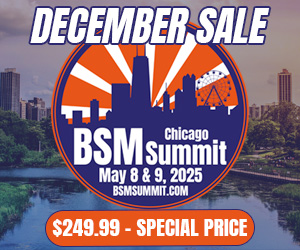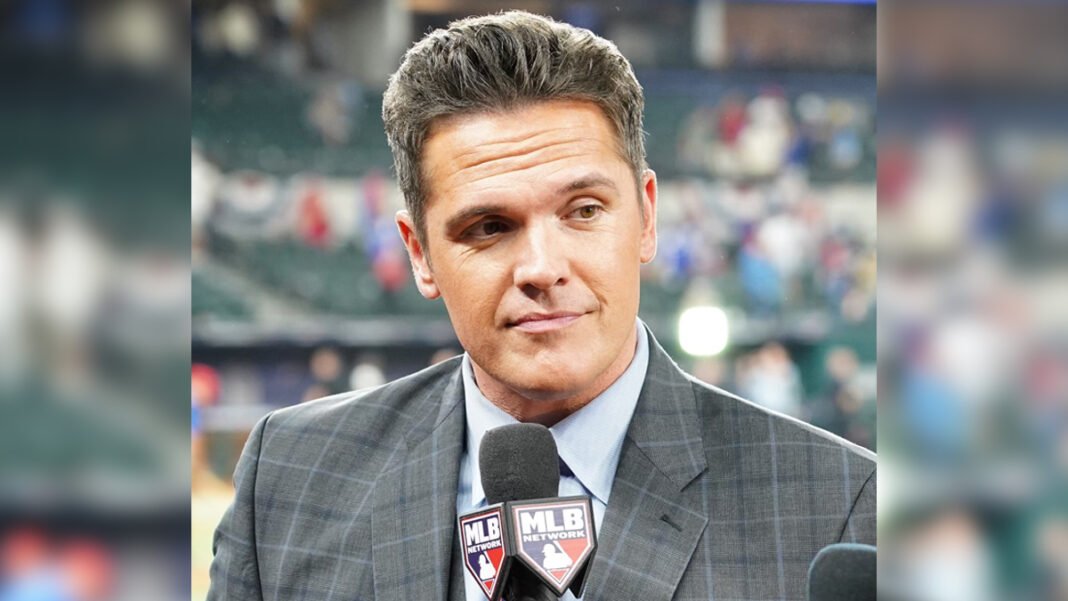Houston’s Jeremy Pena was chattin’ with the fellas from Apple TV+ in the middle of a game about two weeks ago when the New York Mets’ Jeff McNeil hit a popup sort of behind where Pena would normally stand, at shortstop.
Pena wasn’t stationed there because the Astros were playing in a shift against the lefty-swinging McNeil, so he needed to move to his right to get under the ball. Alex Bregman, Houston’s third baseman, moved back and to his left, the ball arcing down behind him. Bregman might have drawn a bead on it, but he appeared to sense Pena approaching.
The players converged in the general area, then stopped still. They said nothing to each other. The popup fell to the ground between them.
“Holy shh…,” the mic’d up Pena said.
That, we heard.
MLB and its broadcast partners want their players to wear wires during games, and you don’t have to look far to see why. In general, baseball’s overlords have done a dreadful job of personalizing their product, making their athletes appear human. Having them talk to broadcasters on the field, while the game is actually being played and their livings on are on the line, strikes somebody as a good way to do that.
The resulting conversations have been occasionally funny, sometimes abrupt, often painfully awkward, and almost never enlightening. But because MLB can’t think of other ways to make its stars into Stars (“Drive to Survive,” anyone?), this is what we get.
In that Houston game, Pena didn’t ascribe the mistake to his being on the air, leaving us to wonder for ourselves if the reason he didn’t yell to (or at) Bregman was the microphone he was wearing. “Bad communication. Bad communication…We just misplayed it,” Pena told the announcers – Wayne Randazzo and Xavier Scruggs in the booth, Heidi Watney at field level.
And sure, it wasn’t the first time that a popup fell between two defenders on a baseball field — just as it wasn’t the first error of Kike Hernandez’s career when the Dodgers utilityman bobbled a ground ball against the Yankees in early June, also while mic’d up and speaking during live action on Apple TV+.
Asked a question by former pitcher Dontrelle Willis about the Dodgers’ team chemistry, Hernandez said, “After this play,” as the grounder from Gleyber Torres headed toward him at third base. After his error, an excruciating silence enveloped the broadcast.
When Hernandez later asked Willis to repeat his question, Willis replied, “I don’t want to ask it again. Because I don’t want you to boot the ball again, to be honest with you. I’ll take that E for you, big dog.”
But not to worry! After the game, Kike said the error wouldn’t discourage him from doing future in-game interviews.
The reason? “We’re getting paid,” he said. “I like money.”
Kike Hernandez is no bad guy here. He’s simply one of the players who has decided that if MLB and his own union want to pay him $10,000 for every in-game interview (and that is exactly what they pay), he is not going to say no.
His manager didn’t love it. “I understand it. It’s part of sports now,” Dave Roberts said. “So, unfortunately, Kiké made an error. It’s not the only error he’s ever made. It’s part of sports. I pick my battles.”
A better question than why a player says yes to bonus money during a game might be to ask what the presenting broadcaster thinks it’s getting for that money. For the most part, players come off sounding stiff during the in-games, and that’s even if they are outgoing and self-confident enough to have said yes in the first place.
Beyond that, it is such a fundamental misunderstanding of baseball to assume that because 15 to 20 seconds elapse between pitches, it means nothing’s going on and players have time to kill. (The in-game conversation concept probably sounded a lot better before the institution of a pitch clock.) That’s not the sport — at all.
Seeing infielders botch plays within a couple of weeks of each other while trying to conduct in-game interviews reinforces that, even if nobody in his right mind would hold Apple TV+ responsible. They’re hardly the first to do this, anyway.
In some ways, though, that is exactly the challenge that MLB and its broadcast partners are facing. In a jump-cut world, their sport is a slow play; it builds tension over time and rewards those who understand that kind of pace.
Great broadcasters can do that — and so, too, great productions.
Right now, baseball’s primary fan issue is its paltry offensive output, not how many words its players speak during live broadcasts. Given that, it probably doesn’t matter much whether the whole in-game thing continues.
But it would be amazing to see MLB get back to a point at which it trusts the product itself, and finds more creative ways to help people understand how good its players really are — because they’re incredible at what they do. A little more show, a little less tell.

Mark Kreidler is a national award-winning writer whose work has appeared at ESPN, the New York Times, Washington Post, Time, Newsweek and dozens of other publications. He’s also a sports-talk veteran with stops in San Francisco and Sacramento, and the author of three books, including the bestselling “Four Days to Glory.” More of his writing can be found at https://markkreidler.substack.com. He is also reachable on Twitter @MarkKreidler.





